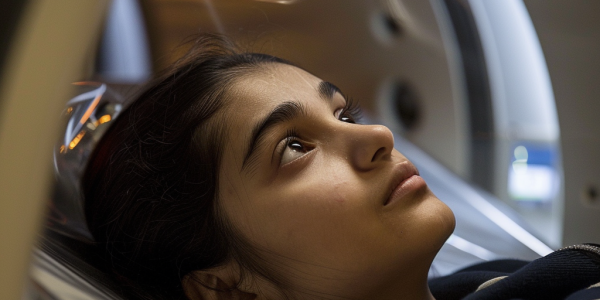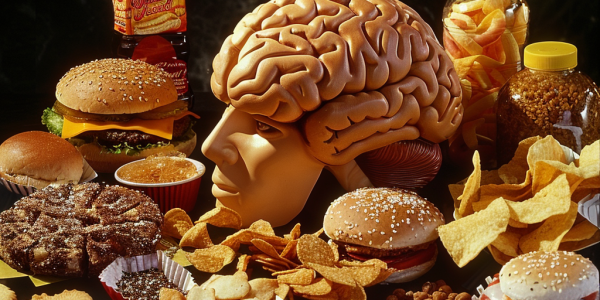Revolutionary Peptide-Based Hydrogels Breakthrough in Biomedical Engineering
Scientists have made a breakthrough in biomedical engineering with peptide-based hydrogels that can repair damaged organs and tissues. These innovative materials offer targeted drug delivery, biocompatibility, and versatility for a wide range of medical applications, promising to revolutionize regenerative medicine.
New Stem Cell Model Unveils Genetic Pathway of Childhood Cancer Neuroblastoma
Researchers from the University of Sheffield have made a groundbreaking discovery in the genetic pathway of neuroblastoma, a childhood cancer, leading to new possibilities for personalized treatments. By developing a stem cell model to investigate the origins of neuroblastoma, they have identified specific mutations that contribute to the development of aggressive tumors. This innovative approach offers hope for more effective and tailored treatment strategies in the future.
Toronto Faces Rise in Sick and Injured Raccoons, Some Displaying Zombie-Like Behavior
Toronto is facing a rise in sick and injured raccoons exhibiting zombie-like behavior, with TAS reporting a significant increase in service calls. The surge in requests, potentially linked to the canine distemper virus, poses a threat to public safety. While CDV does not directly harm humans, unvaccinated dogs are at risk. TAS has deployed extra staff to handle the influx of calls, highlighting the need for proactive measures.
Study Links rDNA Copy Number to Inflammation and Disease Risk
A recent study by Queen Mary University of London found a strong association between ribosomal DNA (rDNA) copy number and the risk of inflammation and diseases. The research, analyzing samples from 500,000 individuals, highlights the potential of rDNA analysis in identifying genetic predispositions to various health issues. The findings suggest that a broader genome analysis could lead to early disease detection and innovative treatment approaches, emphasizing the importance of leveraging biobanks for improved healthcare outcomes.
Genetic Control in Regenerating Worms Influences Symbiotic Algae, Study Finds
Researchers at Stanford University have discovered the genetic control that regenerating worms have over their algal partners. The study sheds light on the unique relationship between marine worms and symbiotic algae, highlighting the intricate communication mechanisms between the two species. This fascinating discovery opens up new questions about the nature of holobionts and the complex gene networks that connect them.
Can Scientists ‘Solve’ Stress?
Can scientists ‘solve’ stress? Learn how researchers are striving to understand the mechanisms of stress and prevent its harmful effects on health. Chronic stress is on the rise globally, leading to increased risk of chronic illnesses and mental health problems. Find out how scientists are working towards finding ways to avoid or recover from the damaging impacts of stress.
Exploring the Impact of Viruses on Microbial Ecosystems
Researchers are still working to fully understand the impact viruses have on microbial ecosystems due to their diversity and rapid evolution. A new approach to annotating viral sequences aims to bridge the gap in our understanding, revolutionizing the analysis of viral genetic data and enhancing global studies of viruses in diverse environments.
Mother Battles Post-Partum Sepsis, Faces Amputations After Giving Birth to Twins
Read about Khedidja Teape’s harrowing battle with post-partum sepsis, leading to the amputation of her limbs after giving birth to twins. Despite the challenges, she emphasizes the importance of recognizing sepsis symptoms and expresses gratitude for being alive to care for her children.
Study Finds Junk Food Can Have Permanent Effect on Teens’ Brain
Recent study reveals that consuming a diet high in junk food can lead to long-term damage to adolescent brains, affecting memory and cognitive function. Researchers emphasize the importance of maintaining a healthy diet for teenagers to prevent lasting consequences well into adulthood.
Discovery of Troublemaker Platelets in Aging Population Offers New Hope for Treatment
A new study by UC Santa Cruz researchers has identified a secondary population of platelets that become hyperreactive with age, leading to increased risk of blood clotting diseases. This discovery could pave the way for more targeted medication to address these issues. Platelet dysregulation, common in older individuals, can lead to serious health problems such as strokes and cardiovascular disease.










